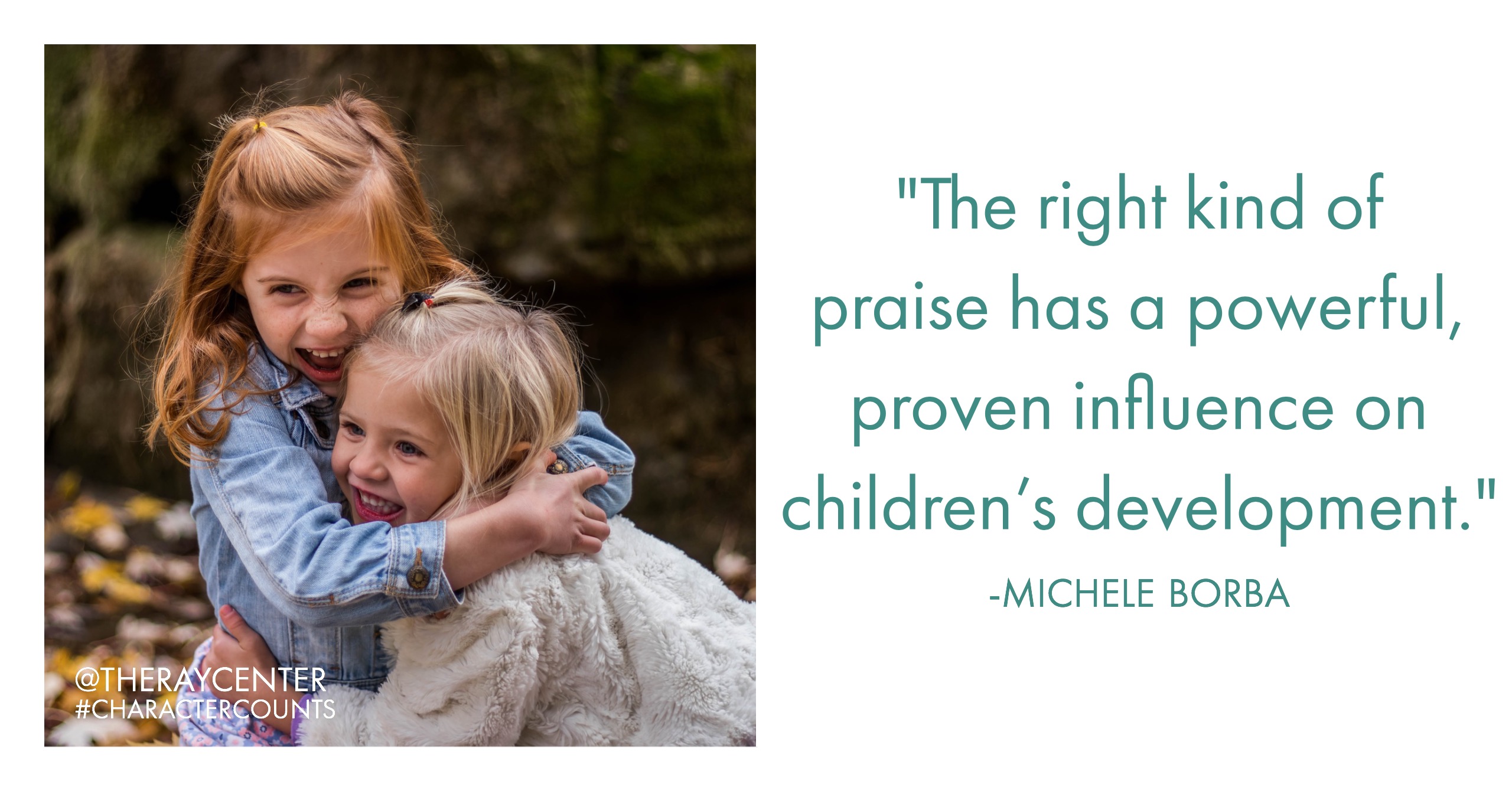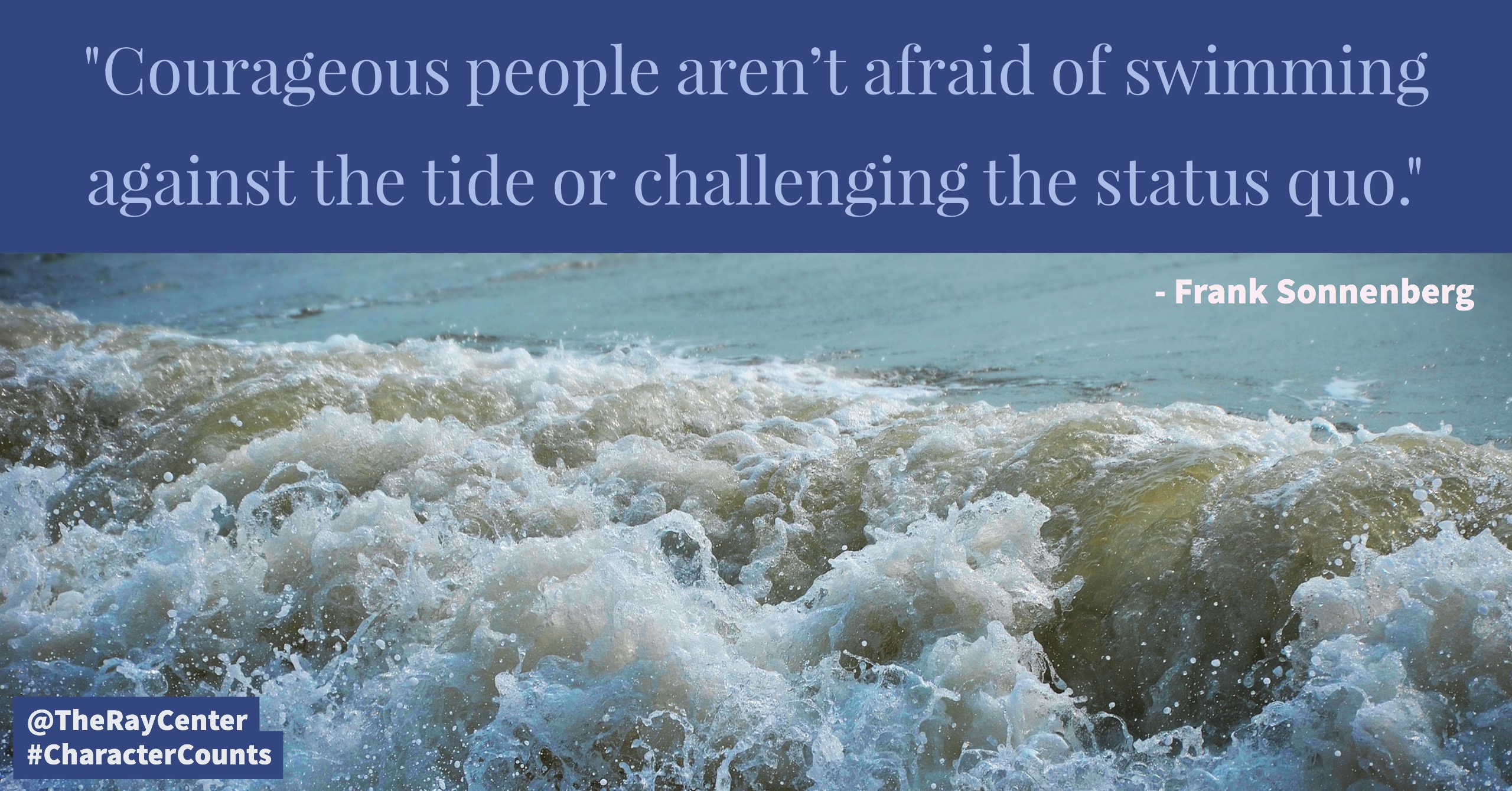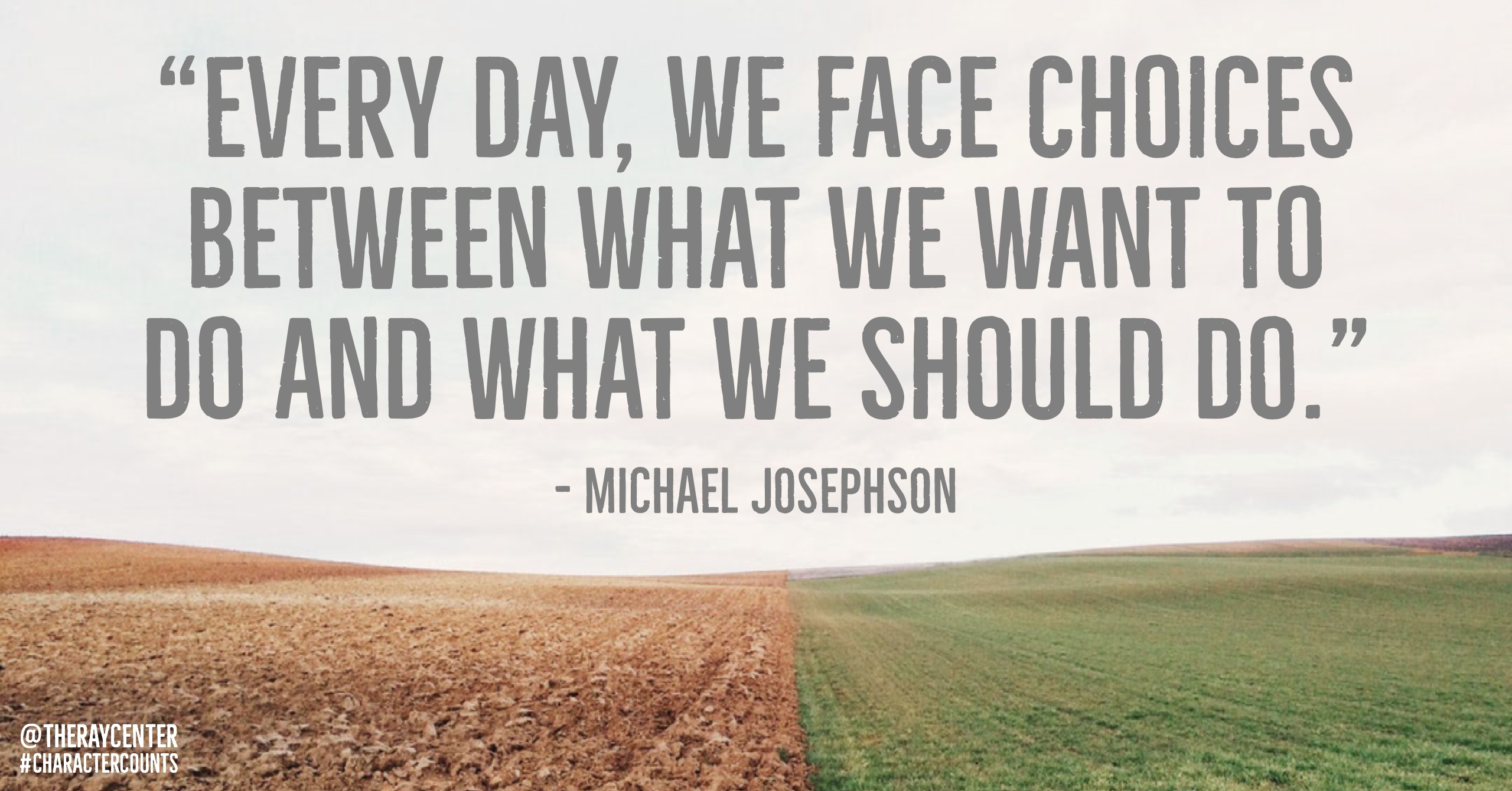
From our guest contributor, Michele Borba.
If you’re like most parents, you probably shower your kids with praise.
After all, isn’t our encouragement the secret sauce to boosting our kids’ success and happiness? What could be more affirming than telling your child, “Good job!” “I’m proud of you” or “You are smart!”
Well, as it turns out, these type of encouraging messages may not be so helpful as we think.
According to research, wrongly worded praise can reduce children’s desires to take on challenges, lower achievement, reduce motivation and even make kids more interested in tearing others down.
The right kind of praise still has a powerful, proven influence on children’s development. A correctly delivered message can be motivating for a child, help build character, boost empathy and contribute to resilience.
So here are six new rules of praising that align with what science says are the best ways to encourage kids:
Rule 1: Temper your “oohs” and “ahh”
Too much praise also makes kids “praise-dependent,” so that they crave more accolades to get a task done. In addition, research finds that students lavished with praise are less confident in their answers, less persistent in difficult assignments and less willing to share their ideas.
If your child keeps asking, “Aren’t you going to say, ‘Good job?’” it may be time to take your accolades down a notch. Try replacing over-abundant praise with brief, praise-free comments like, “You finished the math assignment alone.” Or just state what you see: “You rode your bike all by yourself.” Those words help kids take pride in their accomplishments without needing our high fives.
Rule 2: Focus on character
Want your child to be kinder and more respectful? One ingenious experiment with 7 to 10-year-olds found that praising children’s character, rather than their behavior, helped them see themselves as kindhearted and helping. Character-praised kids were also more likely to be generous with others. How kids view themselves is how they act.
Rule 3: Stress effort, not intelligence
Whether your kid is doing math, practicing violin or working on her karate chops, stress effort – not intelligence or the end product, such as her grade or score. Don’t say, “You’re so smart!” Do say, “You’re working so hard!” or “You’re improving because you’re putting in all that effort.
Rule 4: Use nouns, not verbs
Researchers at the University of San Diego did experiments with 3- to 6-year-olds to see if a subtle change in grammar could make a difference in their behavior. In one experiment, helping was referred to with a verb: “Some children choose to help.” In the other, helping was referred to as a noun: “Some children choose to be helpers.” Kids invited to “be helpers” were far more likely to help than kids who were given an opportunity “to help.” So if you want your child to see himself as a caring person, use nouns. Even a simple grammatical switch in how we praise can affect our children’s behavior.
Rule 5: Model it
Digging deeper in the archives, a British study conducted in the 1970s had 140 school-age children receive tokens for winning a game. They were then were told they could either keep or donate their winnings to kids living in poverty. But before deciding, the students watched their teacher decide what she would do with her tokens. When the adult told students to donate the tokens but kept them herself, the children were less likely to be generous. When she lectured the kids on the value of giving and then donated her tokens, children were generous at first, but there was little impact on their future generosity. But when she cut the lecture and simply donated all her tokens (as they watched), the children donated their own tokens and were generous in later opportunities.
Rule 6: Praise inner qualities
Giving tween-aged kids well-deserved compliments that focused on their inner qualities, such as telling them that they’re “kind,” “helpful” or “fun,” instead of focusing on what they wore or owned, reduced their materialistic tendencies and built healthier self-esteem. So make sure to focus your praise on your child’s inner qualities.
 Dr. Michele Borba is an educational psychologist, parenting expert, TODAY show contributor and author of 22 books including The Big Book of Parenting Solutions: 101 Answers to Your Everyday Challenges and Wildest Worries and UnSelfie: Why Empathetic Kids Succeed in Our All-About-Me World.
Dr. Michele Borba is an educational psychologist, parenting expert, TODAY show contributor and author of 22 books including The Big Book of Parenting Solutions: 101 Answers to Your Everyday Challenges and Wildest Worries and UnSelfie: Why Empathetic Kids Succeed in Our All-About-Me World.
Check out: micheleborba.com or follow her on Twitter @micheleborba.
Learn more about character education.





 From our guest contributor, Michael Josephson.
From our guest contributor, Michael Josephson. 